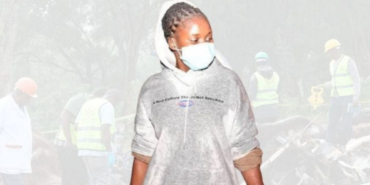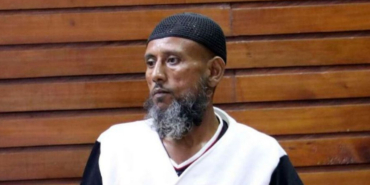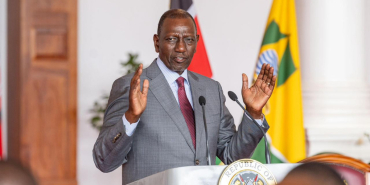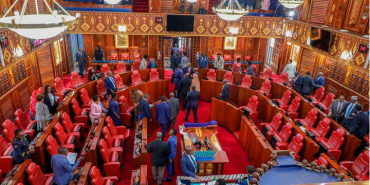How Quack Dentists Are Performing Risky Procedures in Kenya

A recent dental procedure in Nairobi has ignited a national conversation about the state of Kenya's dental healthcare system, highlighting a surge in unqualified practitioners and raising serious concerns about patient safety.
The incident involving Tabitha Cherop, who sought a root canal at a Nairobi hospital in April, has become emblematic of wider systemic failures and a critical lack of regulatory oversight within the sector. Cherop's experience, where a dentist allegedly began a root canal without administering anaesthesia, exemplifies the risks patients face. Despite her protests, the dentist reportedly dismissed her discomfort as non-compliance, leaving her with an unsealed tooth and significant psychological distress.
Subsequent attempts to seek redress from the hospital have reportedly been met with vague promises and a declined refund of the Sh30,000 fee. Instead, the hospital allegedly offered a replacement procedure without providing specifics or scheduling details. This is not an isolated incident. Dr Kahura Mundia, President of the Kenya Dental Association (KDA), emphasises that the proliferation of unlicensed dental operators, particularly in urban centres like Nairobi, Mombasa, Meru, Nakuru, and Eldoret, presents a grave public health risk.
These unauthorised practices are thriving due to chronic underfunding and inadequate regulation of public health infrastructure. The KDA paints a concerning picture, with alarmingly low ratios of licensed professionals to patients in some regions, forcing many Kenyans to seek more affordable, unregulated alternatives. This vacuum has been filled by individuals lacking formal training, who masquerade as accredited dentists, exploiting the government's failure to recruit sufficient dental staff in public hospitals and invest adequately in equipment and consumables.
Patients treated by unqualified individuals face a multitude of health risks, including untreated infections, dental and facial trauma, and, in severe cases, sepsis. Procedures like root canals, fillings, and extractions performed by unauthorised personnel often result in complications, ranging from nerve damage to chemical burns. Fake orthodontic treatments, unsafe bleaching practices, and improperly fitted prosthetics are increasingly common, leading to lasting physical and psychological scars.
Beyond the immediate clinical harm, the proliferation of dental quackery has troubling systemic ramifications. The misuse of antibiotics and painkillers by unlicensed practitioners raises the spectre of antibiotic resistance and kidney complications. Misdiagnosis of serious conditions, such as oral cancers, delays critical interventions, sometimes with fatal consequences. These failures place immense pressure on families and the national healthcare system, leading to preventable hospitalisations and increasing medical costs.
Perhaps one of the most insidious consequences of this crisis is the erosion of public trust in dental care. Stories like Cherop's, which gain traction through social media and word of mouth, are eroding public confidence in both private and public dental institutions. Patients may avoid seeking treatment altogether, exacerbating Kenya's already significant burden of untreated dental disease.
The KDA also raises concerns about health insurance providers, alleging that some employ personnel who operate beyond their legal remit. Cadres such as dental technologists, community oral health officers, and clinic assistants, trained in supportive roles, are sometimes entrusted with performing complex procedures they are not licensed to conduct. These practices not only undermine established professional boundaries but also violate the Medical Practitioners and Dentists Act, Cap 253, which criminalises the employment of unqualified individuals for clinical work, prescribing penalties of up to Sh5 million or 10 years' imprisonment.
Yet, enforcement remains weak, with many complaints failing to translate into legal action due to limited regulatory oversight and inadequate follow-through by the Kenya Medical Practitioners and Dentists Council. The neglect of Kenya's public dental infrastructure reveals a disconnect between health policy ambitions and on-the-ground realities. Dr Mundia says that, in some counties, only two or three licensed dentists serve millions of people, an unsustainable ratio that fuels desperation and empowers fraudulent operators.














Add new comment